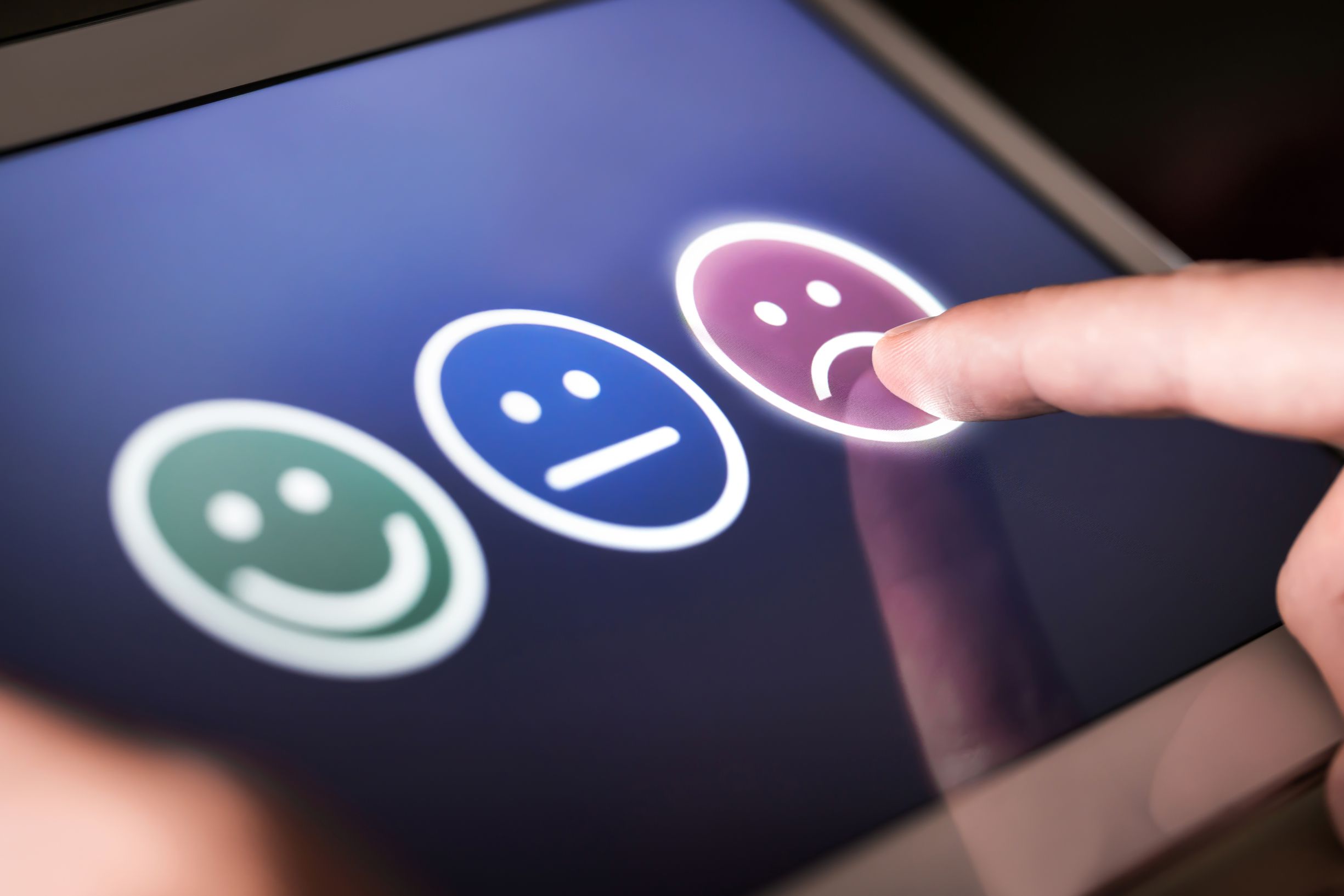Let us strive for an empathetic, educated society where mental health is understood, accepted, and adequately treated, not a tool to be used for personal gain but as an integral part of our collective well-being.
As humans, we are innately driven to seek connection, understanding, and empathy from our peers. These connections are fundamental to our collective growth and well-being.
Unfortunately, our pursuit of connection and understanding has been tainted by a disturbing trend: the faking of mental health disorders. This act of feigning illness for personal gain, known as malingering, is not only a disservice to those genuinely struggling, but it also contributes to the stigmatization and misunderstanding of mental health.
To begin with, it's essential to understand that mental health disorders are serious, pervasive, and debilitating conditions. They affect millions of people worldwide, often leading to a significant decrease in quality of life and sometimes resulting in life-threatening situations.
A Struggle
Individuals with mental health disorders frequently struggle with societal stigma, isolation, and the often Herculean task of seeking and receiving proper treatment.
In stark contrast, individuals who fake these conditions generally do so to garner attention, manipulate others, evade responsibilities, or even exploit certain benefits. Whether it's feigning depression to elicit sympathy or faking ADHD to secure prescription stimulants, the reasons may vary, but the implications remain universally harmful.
This deceptive behavior can strain our medical and social systems.
When someone pretends to have a mental health condition, they consume resources — therapists' time, medication, social services — that could otherwise be dedicated to individuals who genuinely need them. With mental health services already stretched thin in many areas, such unnecessary diversions can exacerbate the existing challenges.
Faking mental health disorders perpetuates harmful stereotypes. When a person pretends to have a mental illness and behaves in ways that are exaggerated or inconsistent with the real symptoms, it can foster misinformation and misunderstanding about the disorder.
Seeds of Doubt
This behavior, seen by the public, may shape a distorted image of what mental illness looks like, undermining the struggle that people genuinely facing these conditions go through every day.
This trend can lead to an environment of distrust and skepticism towards those who genuinely suffer from mental health disorders.
As instances of malingering become public, it plants seeds of doubt in people's minds, leading them to question the authenticity of those truly in need. This can make it even more challenging for individuals to disclose their struggles, seek help, and receive the understanding and support they desperately need.
We need to remember that mental health disorders aren't trends, hashtags, or tools for manipulation. They're serious conditions that millions battle daily. Our focus should be on creating an environment of empathy and understanding, where individuals feel safe to express their struggles and seek help without judgment or skepticism.
Seek Professional Help
Instead of wearing the guise of mental illness, those seeking attention or understanding should consider healthier routes, such as open communication, seeking therapy, or joining support groups. And as a society, we need to foster open discussions about mental health, combating the stereotypes and stigma with education and awareness.
The dangerous game of faking mental health disorders is one we cannot afford to ignore. By understanding the impact, promoting genuine discourse, and encouraging honesty and empathy, we can create a more supportive landscape for mental health, respecting and acknowledging the realities that many face every day.
Let us strive for an empathetic, educated society where mental health is understood, accepted, and adequately treated, not a tool to be used for personal gain but as an integral part of our collective well-being.
#MentalHeath
#FakingMentalHealth
#OpinYon

